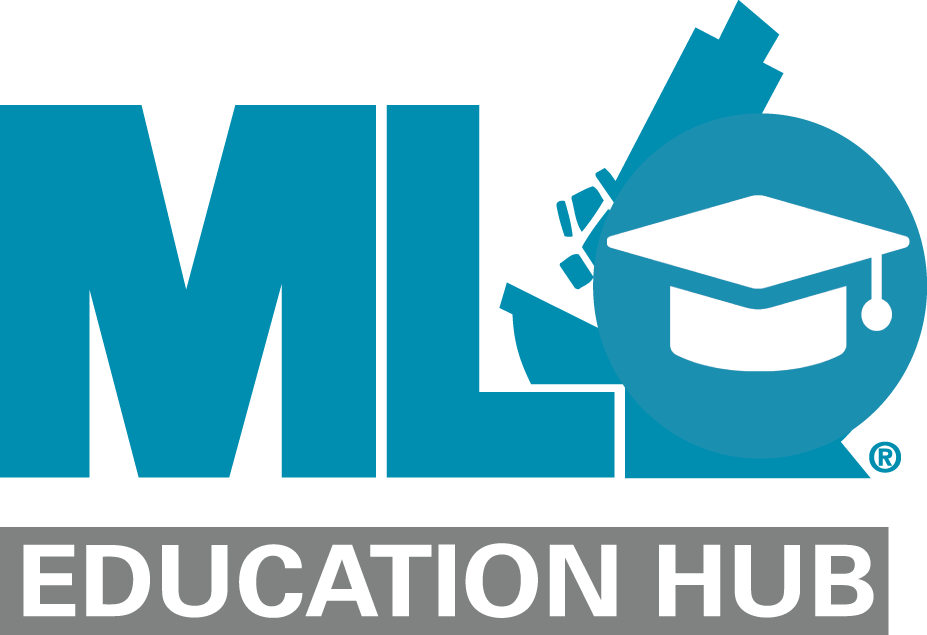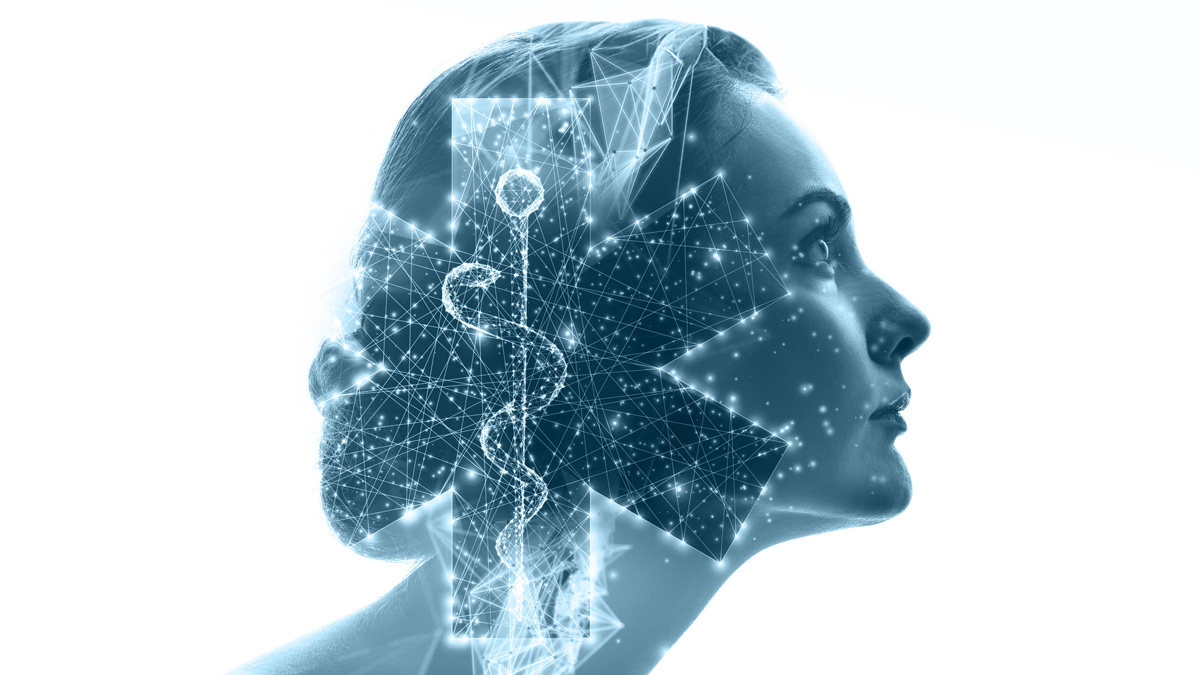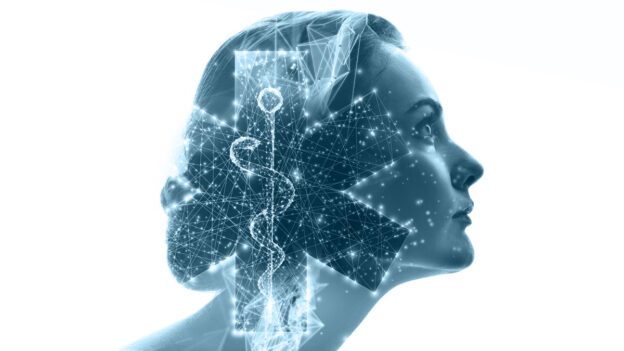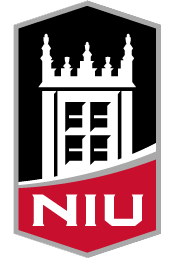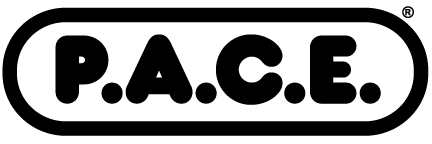By Anthony Kurec, MS, MASCP, H(ASCP)DLM
LEARNING OBJECTIVES
Upon completion of this article, the reader will be able to:
- Summarize the foundation of AI and its presence in healthcare.
- Differentiate the computer science tests that have proven AI to be valuable, and define the factors that make up the elements of AI.
- Identify examples of how AI has been used in the field of healthcare.
- Discuss reasons for failures of AI in healthcare settings.
About the Author
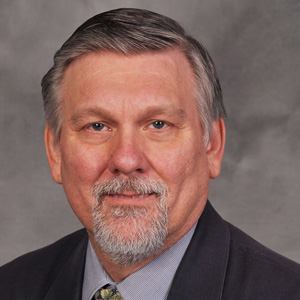
Anthony Kurec, MS, MASCP, H(ASCP)DLM is Clinical Associate Professor, Emeritus, at SUNY Upstate Medical University in Syracuse, NY. He is also a member of the MLO Editorial Advisory Board.
Cover photo credit: inkoly & metamorworks iStock / Getty Images Plus Getty Images
Login
Accessing this course requires a login. Please enter your credentials below!
